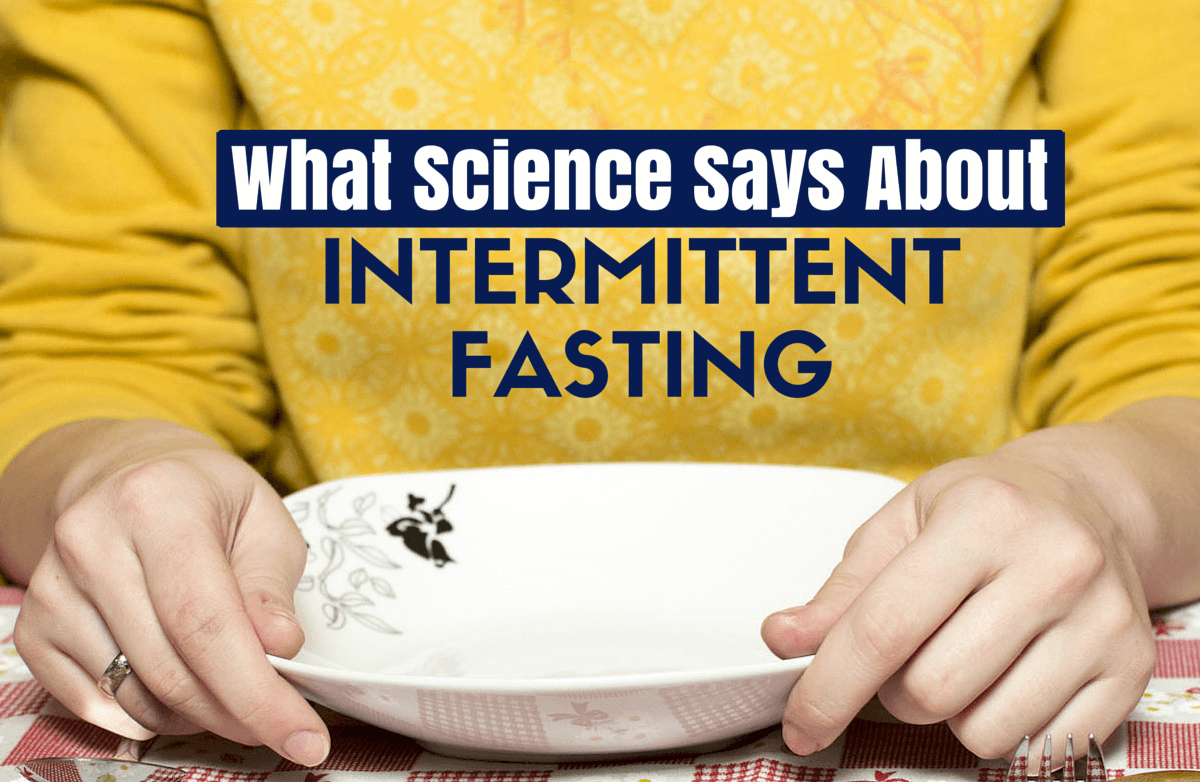|
We all know that, as a country, we're eating too much salt, sugar, and fat, and not enough "real" and unprocessed foods. We also know that eating right on a budget (especially for Americans who receive public assistance in order to buy food) can be a challenge (though not an impossibility), and that in many parts of the country, food deserts are a sad reality. But what's the answer? I recently an interesting plan, along with a small-scale example of how we can discourage people from buying unhealthy foods by charging more for them. In a recent Op-Ed piece in the New York Times, food activist and journalist Mark Bittman proposed taxing junk food to subsidize a healthier diet for all Americans. Bittman explains: "simply put: taxes would reduce consumption of unhealthful foods and generate billions of dollars annually. That money could be used to subsidize the purchase of staple foods like seasonal greens, vegetables, whole grains, dried legumes and fruit. We could sell those staples cheap — let’s say for 50 cents a pound — and almost everywhere: drugstores, street corners, convenience stores, bodegas, supermarkets, liquor stores, even schools, libraries and other community centers." Recently nutrition professor Marion Nestle wrote about Google's impressive healthy food program on her blog, Food Politics. Among the interesting takeaways from her blog post: "The only place on the [Google corporate] campus where employees pay for food is from a vending machine. The pricing strategy is based on nutrient content, again according to the Harvard pyramid plan. For the vended products, you pay:
No word on whether the granola bars outsell the Ghirardelli bars--or vice versa. What do you think? Would you be willing to pay more for unhealthy food? Do you think such a plan would work better on a small scale or as a countrywide initiative? |
Popular Entries
More From SparkPeople
|

.png)













